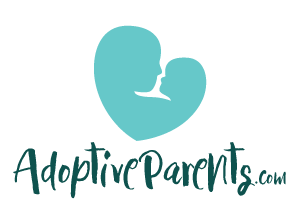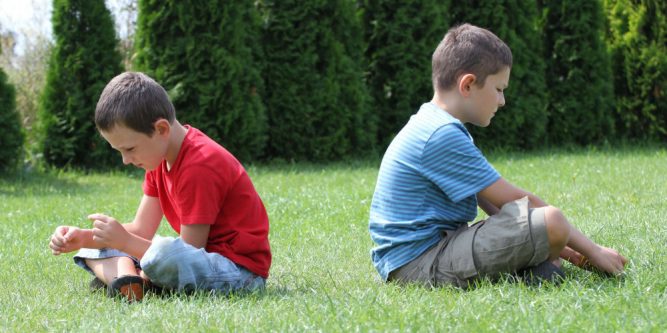Many parents choose to adopt even if they have biological children or later have biological kids after adopting. Even though they may feel that each child is equally theirs, the kids may focus on the differences between them. It’s natural for siblings to be competitive and even attempt to be “Mommy’s favorite” or “Daddy’s favorite.” However, the rivalry may become too serious and lead to jealousy or resentment if they focus on the differences in biology.
Adding a New Member to the Family
Changing the family dynamics is often difficult for kids, whether it is through adoption or a new biological sibling with a baby. Your biological child may feel left out when a new child is brought into the home. It’s often even more difficult if the child is older. A newborn doesn’t do much but eat and sleep, while an older child will interact with the family.
As parents, you may focus on making the adopted child feel at home. You may make them special meals, decorate their room, or buy them new clothes and personal items. The biological child may experience jealousy as the “new child” gets more attention from you and your family and friends.
The best way to deal with this issue is before the child arrives. Let your bio child know to expect extra attention for the adopted child when they come to live with you. Explain to them why this will happen and ensure them it will only be temporary. Work to make some special time for them during this transition.
Considering History
Another reason for sibling jealousy between adopted and biological children comes from the differences in history. When a school report asks about ancestry or science class discusses genetics and DNA, your adopted children may feel jealousy when they realize their sibling can tell the story about their history and they can’t.
It’s normal for adopted children to feel a sense of loss because they don’t know who they look like or what their biological parents were like. However, it can be even more difficult when they see that their sibling has the same smile as their mom or the same blue eyes as dad. It’s even more challenging if the adopted child is of a different race.
As the parent, it’s best to not ignore these kinds of issues or pretend they don’t exist. Address them at the appropriate time. Tell your adopted child as much as you can about their past or even speculate with them what their parents might have looked like or what kinds of foods or activities they might have preferred. While this won’t give your child a true sense of their history, it can help them feel more open about talking if they know you are interested in listening.
Most of the time, adopted and biological children will get along just fine as long as the parents do their job. Treat each child as special but equal with everyone else, and keep the lines of communication open. Then, all of the sibling jealousy will be as normal as what you will find in any family.





